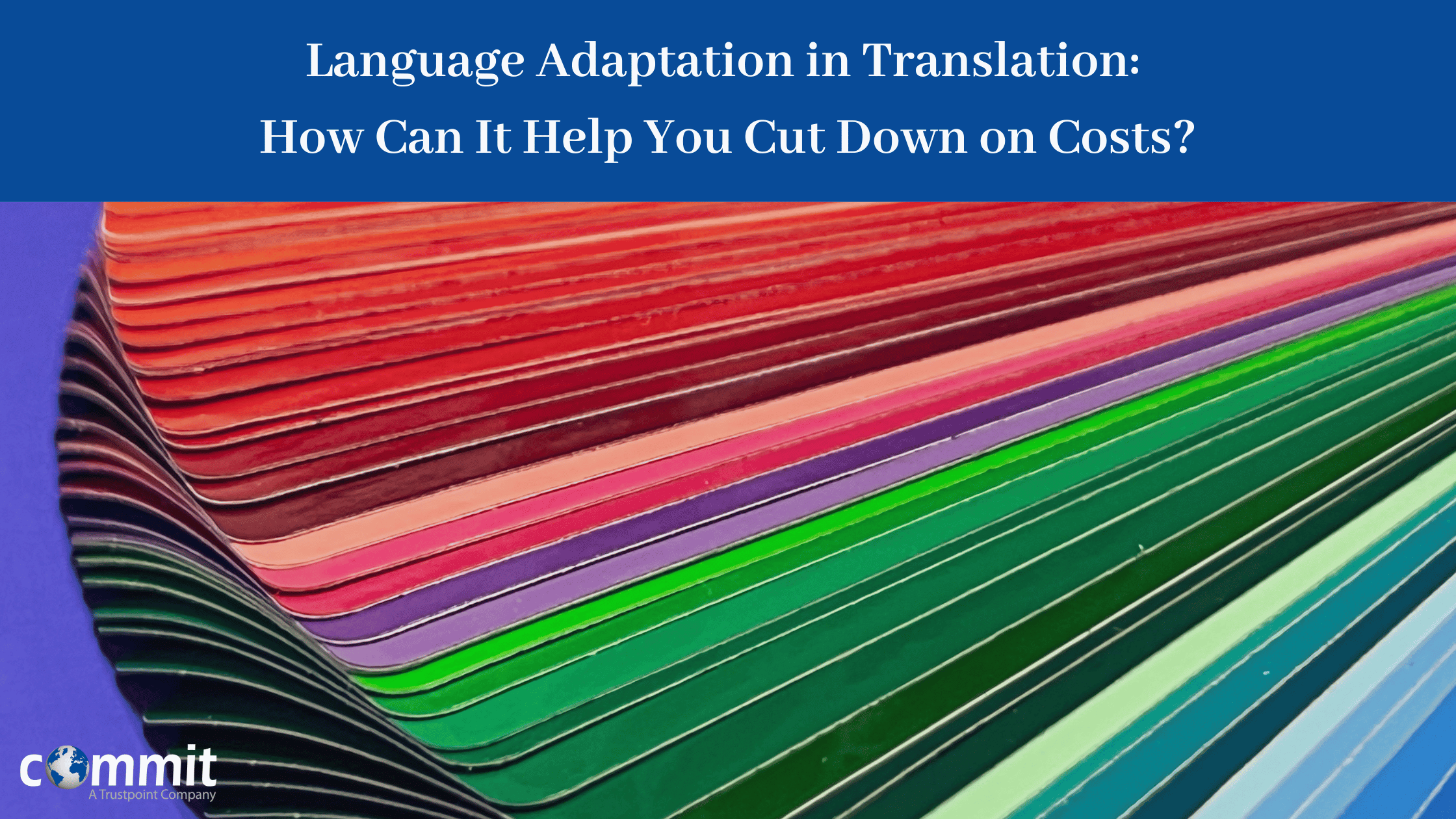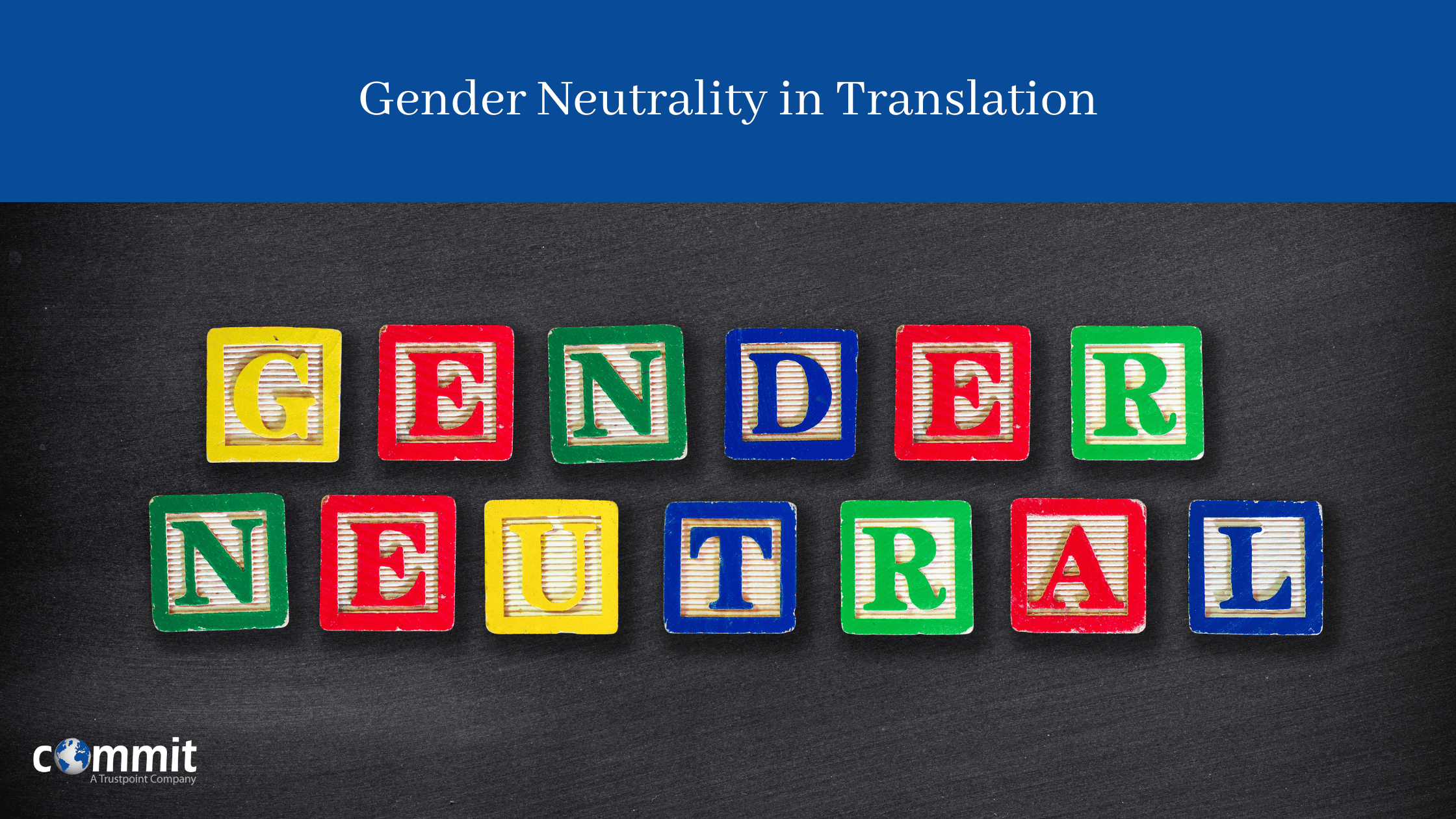|
Listen to Post
|
The holiday season is a time of joy and celebration, and one of the most common ways to spread festive cheer is by exchanging warm wishes. In the European Union, a diverse tapestry of cultures and languages comes together, each with its unique way of expressing holiday wishes. Join us as we delve into the enchanting ways “Merry Christmas” is conveyed in the 24 official EU languages, accompanied by a glimpse into a unique tradition or custom from each country.
Dutch – Vrolijk Kerstfeest
When in Netherlands send warm wishes by saying “Vrolijk Kerstfeest”! Did you know that the festive spirit begins early with the arrival of Sinterklaas on December 5th, bringing joy and gifts for children? This legendary figure in Dutch folklore, adds a unique touch to the joyous family gatherings and elaborate meals.
French – Joyeux Noël
Wishing a heartfelt “Joyeux Noël” in France, where families celebrate with the delightful tradition of creating Nativity Scenes. Intricately set up in homes, these scenes with figurines and miniature settings charmingly depict the birth of Jesus, offering a beautiful and artistic way to embrace and celebrate the true meaning of Christmas.
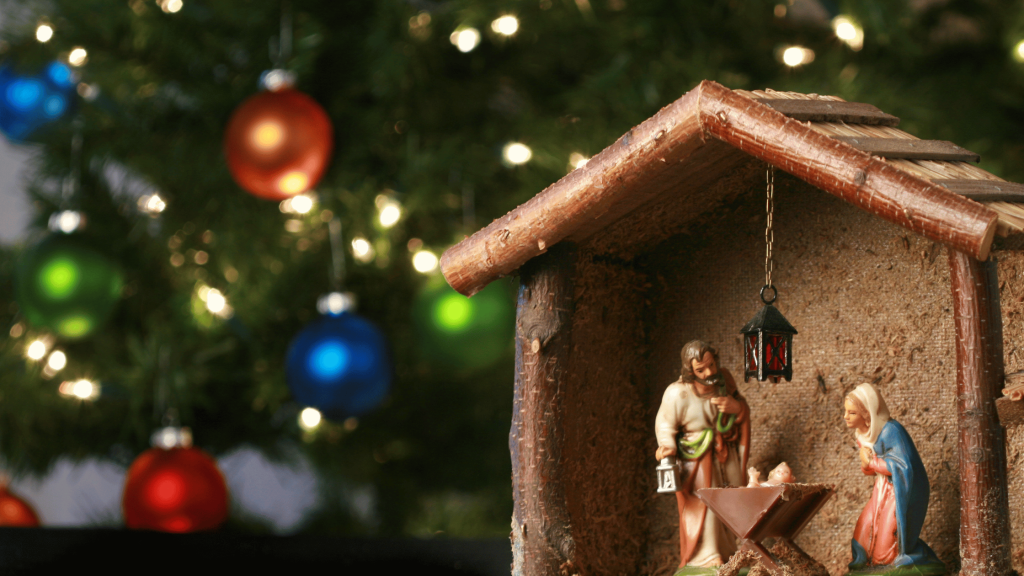
German – Frohe Weihnachten
Extend warm wishes with “Frohe Weihnachten” in Germany, a country renowned for its enchanting Christmas markets (Weihnachtsmärkte). These festive markets feature stalls brimming with traditional food, crafts, and seasonal delights, creating a harmonious atmosphere that adds to the joy and magic of the holiday season.
Italian – Buon Natale
Italy celebrates the Feast of the Seven Fishes on Christmas Eve, a tradition involving a grand seafood dinner. If you find yourself in Italy during Christmas, do not forget to wish “Buon Natale”.
Danish – Glædelig Jul
In Denmark, the cheerful wish of “Glædelig Jul” resonates with a distinctive tradition. Danes celebrate the season by joyously dancing around the Christmas tree on Christmas Eve, harmonizing carols, and basking in the festive atmosphere.
English – Merry Christmas
In England, hanging mistletoe is a tradition that encourages a kiss if two people find themselves beneath it. This charming practice symbolizes holiday romance and festive cheer, adding a playful touch to Christmas celebrations.
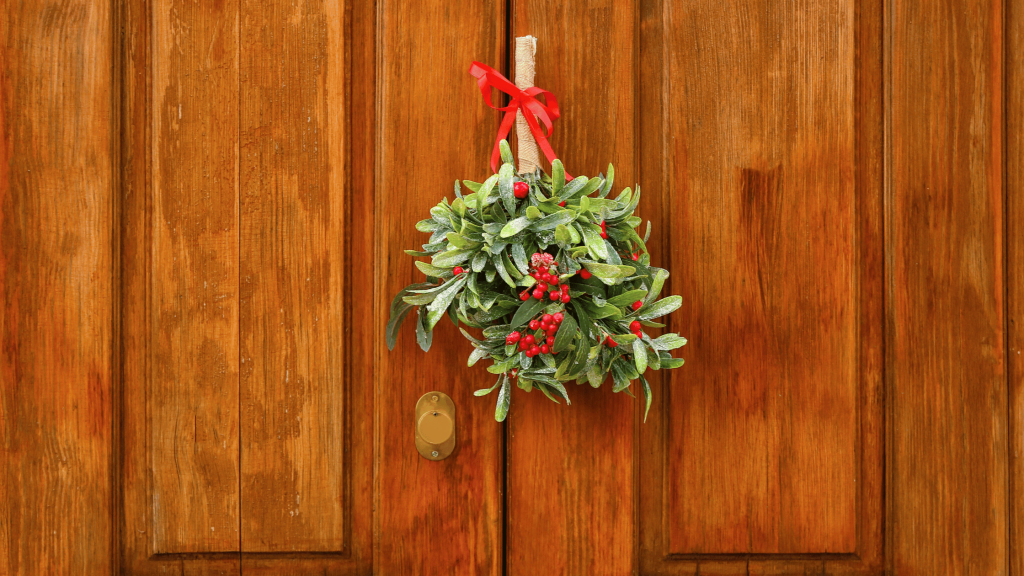
Greek – Καλά Χριστούγεννα (Kalá Christoúgenna)
Offering warm wishes for a festive season with “Καλά Χριστούγεννα” in Greece! Adding to the harmonious celebrations, Vasilopita, a traditional New Year’s bread or cake, hides a coin within. Shared on January 1st, discovering the coin in one’s slice is thought to bring blessings and good fortune for the year ahead, creating a symbolic start to the New Year in Greek homes.
Portuguese – Feliz Natal
Wishing “Feliz Natal” in Portugal, where people preserve a fascinating tradition called “Consoada”. This Christmas Eve supper includes dishes featuring codfish.
Spanish – Feliz Navidad
As the familiar notes of “Feliz Navidad” fill the air, echoing the timeless Christmas wish for joy and happiness, Spain adds its own unique touch to the holiday season. This Mediterranean country celebrates the festive season with lively street processions called “La Cabalgata de Reyes”, in which the Three Wise Men hand out small gifts and sweets to children.
Finnish – Hyvää Joulua
In Finland, where the festive greeting “Hyvää Joulua” is exchanged, you’ll discover Santa’s official hometown, Rovaniemi. This captivating destination draws visitors from across the globe, immersing them in a magical atmosphere that perfectly captures the joyous spirit of the holiday season.
Swedish – God Jul
In Sweden, the captivating tradition of Lucia Day on December 13th features a girl dressed as Saint Lucia, leading a procession with candlelight. They visit schools, nursing homes, and workplaces wishing “God Jul” and bringing joy. Thus, this cultural celebration symbolizes light during the darkest days and marks the start of the Christmas season.
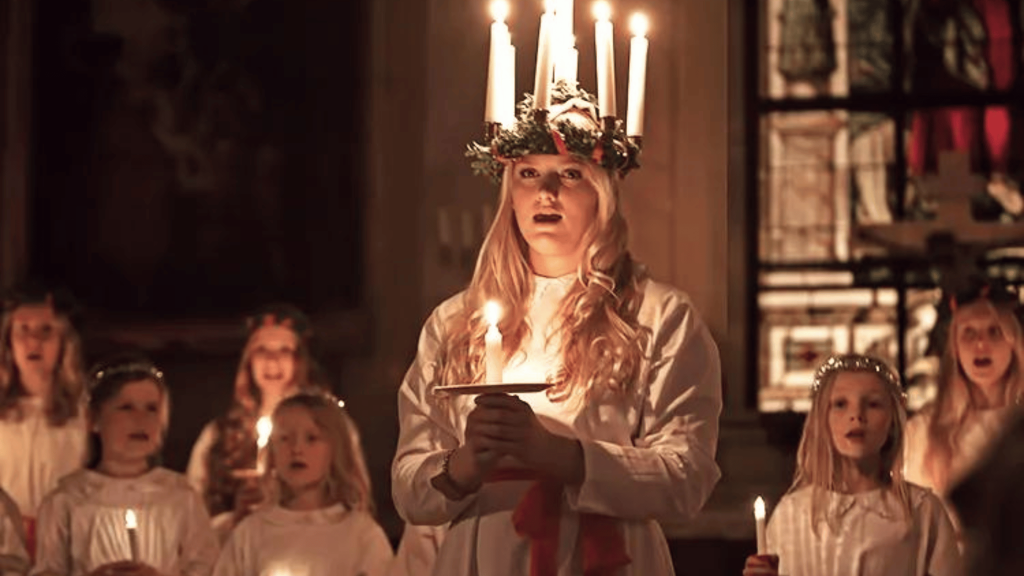
Czech – Veselé Vánoce
In the Czech Republic, the joyous wish of “Veselé Vánoce” is intertwined with a unique tradition involving carp. This festive fish serves as the traditional Christmas meal, often purchased while alive and temporarily residing in the family bathtub until the time comes to prepare it for the holiday feast.
Estonian – Häid Jõule
Immerse yourself in the vibrant Estonian festive atmosphere as you extend heartfelt wishes for a joyous season with the phrase “Häid Jõul”. Rooted in tradition, Estonians visit saunas on Christmas Eve to cleanse both the body and the mind before the festive celebrations.
Hungarian – Boldog Karácsonyt
In Hungary, the warm Christmas greeting of “Boldog Karácsonyt” echoes with a unique tradition. Hungarians embrace the season with the festive custom of “karácsonyi puttony”, where children eagerly anticipate gifts delivered by “Mikulás” in a large sack on the night of December 5th.
Latvian – Priecīgus Ziemassvētkus
If you want to enjoy an extended festive season, then you should go to Latvia. Latvians have a unique tradition of celebrating two Christmases – one on December 25th (followed by Lutherans or Protestants) and another on January 7th (for those who follow the Russian Orthodox faith). Infuse a festive tone with the cherished wish of “Priecīgus Ziemassvētkus”.
Lithuanian – Linksmų Kalėdų
Embracing a beloved tradition, Lithuania cherishes the “Kūčios” feast on Christmas Eve. More specifically, a delightful array of twelve traditional dishes represents the twelve apostles, creating a harmonious and meaningful culinary tradition.
Maltese – Il-Milied It-Tajjeb
The lively festive greeting of “Il-Milied It-Tajjeb” is complemented by a myriad of processions and events. In the context of the “Festa Tal-Milied” communities adorn their streets with festive lights, creating enchanting Christmas wonderlands that unite neighbors in the spirit of the season.
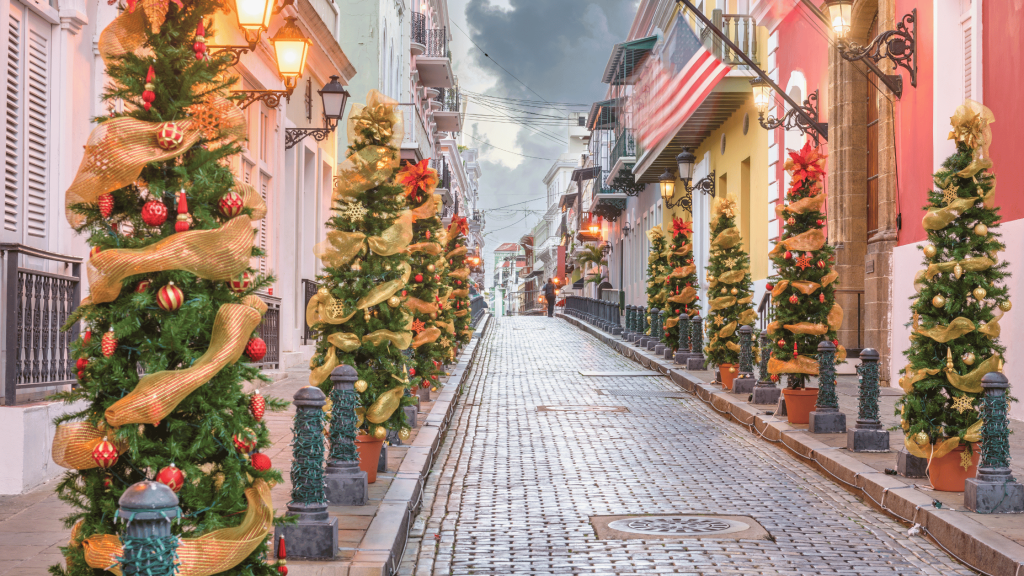
Polish – Wesołych Świąt
The cordial wish of “Wesołych Świąt” resonates with a distinctive tradition of setting an extra place at the Christmas Eve dinner table for an unexpected guest, symbolizing hospitality.
Slovak – Veselé Vianoce
Dive into the lively Slovakian holiday ambiance, offering warm wishes for a joyful season with the phrase “Veselé Vianoce”. Slovakia has a tradition called “Vianočný Gule”, where families exchange intricately decorated Christmas ornaments as gifts.
Slovenian – Vesel Božič
In Slovenia, an interesting Christmas tradition is the “Božiček” or “Little Christmas Man”. He is a mythical figure dressed in traditional Slovenian clothing who brings gifts to children on Christmas Eve. Families eagerly anticipate his arrival, and children leave socks by the window, hoping to find them filled with treats and small gifts the next morning. Božiček along with the heartfelt wish “Vesel Božič” add a charming touch to the festive Slovenian season.
Bulgarian – Весела Коледа (Vesela Koleda)
Bulgarians joyously celebrate Christmas on December 25, exchanging wishes of “Весела Коледа” (Vesela Koleda). But let’s delve into the charming Christmas tradition of “Koleduvane.” Young men, called “koledari,” traverse from house to house, serenading festive songs and conveying heartfelt well-wishes. Adding to the festive spectacle, they carry a beautifully adorned staff called a “surva,” symbolizing protection against malevolent forces and contributing to the creation of a jubilant holiday ambiance.
Irish – Nollaig Shona Dhuit
The heartfelt wish of “Nollaig Shona Dhuit” is intertwined with a beloved tradition. It’s customary to leave a candle at the window on Christmas Eve, that symbolizes a welcoming light for Mary and Joseph.
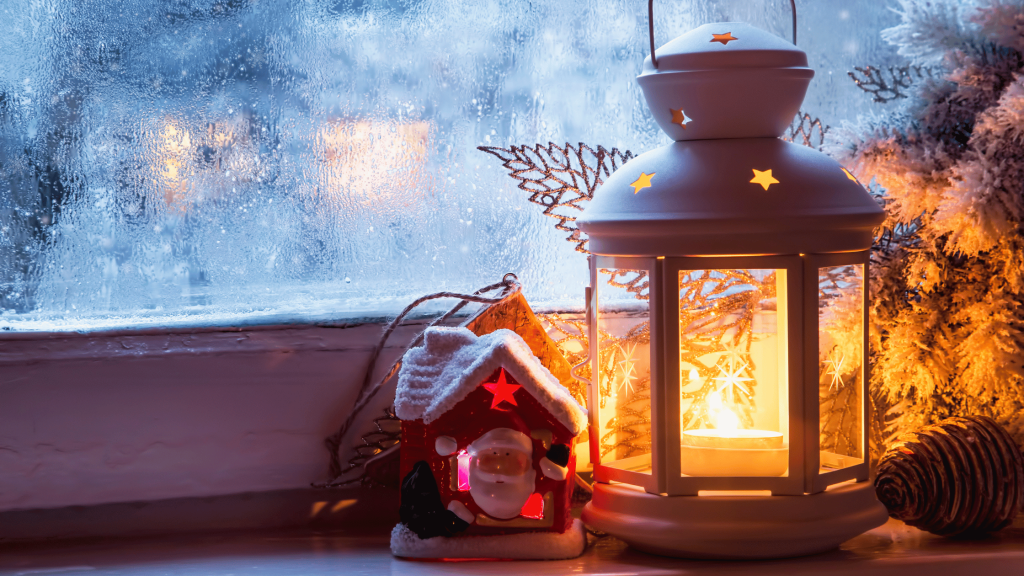
Romanian – Crăciun Fericit
Extend warm wishes with “Crăciun Fericit” in Romania where people celebrate the “Ignat” festival. During this festive time, families engage in the tradition of slaughtering pigs, a special touch to their Christmas meals.
Croatian – Sretan Božić
The cordial wish “Sretan Božić” is accompanied by a unique tradition of burning a Yule log on Christmas Eve. This age-old practice symbolizes the festive warmth of the season and the anticipation of well-being in the coming year.
As we celebrate the holiday season, it’s heartwarming to recognize the linguistic diversity within the European Union. Whether you’re extending wishes of “Merry Christmas” in English, “Joyeux Noël” in French, or any of the other 22 European languages, let the diversity of expressions enrich your celebrations. So, as you connect with friends, family, and colleagues from across Europe, consider adding an “international” touch to your holiday greetings, spreading the festive spirit far and wide.
Read also:



